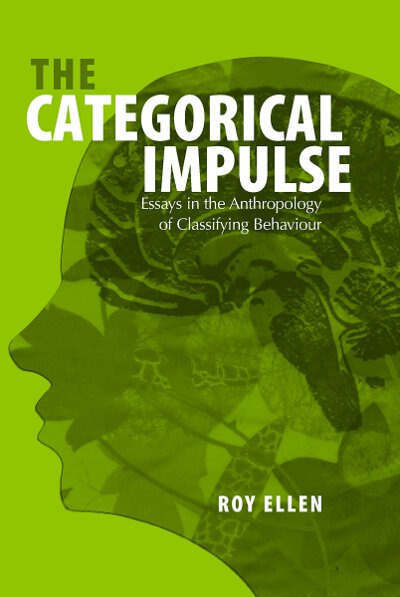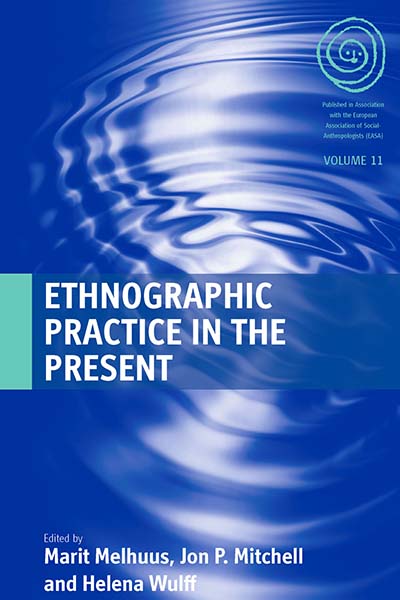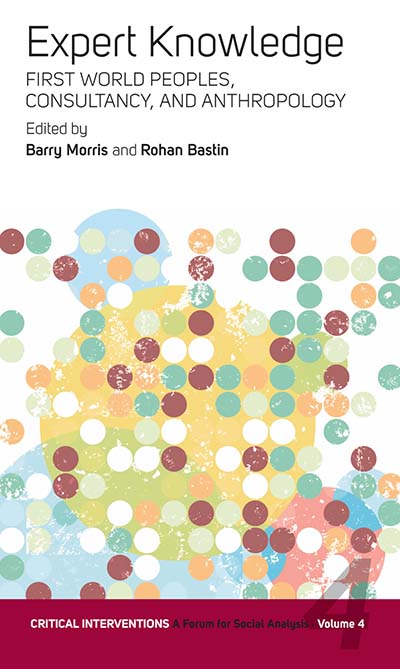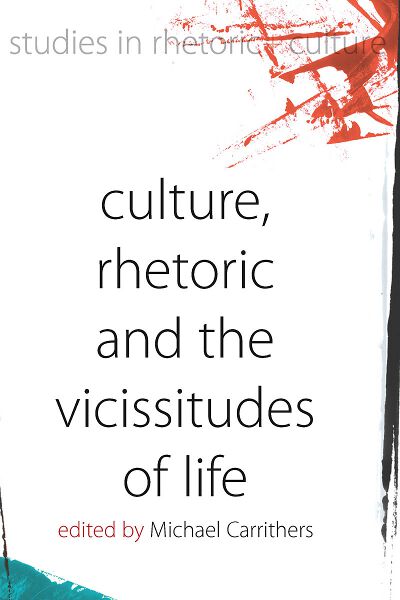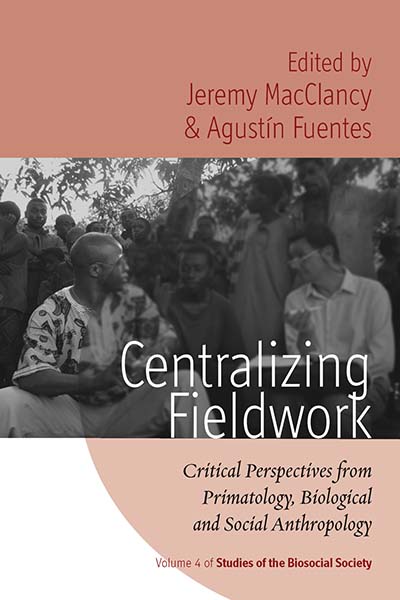
Series
Volume 4
Rethinking Biosocial Anthropology
See Related
Anthropology JournalsEmail Newsletters
Sign up for our email newsletters to get customized updates on new Berghahn publications.
Centralizing Fieldwork
Critical Perspectives from Primatology, Biological and Social Anthropology
Edited by Jeremy MacClancy and Agustín Fuentes
310 pages, 30 illus., bibliog., index
ISBN 978-1-84545-690-0 $135.00/£104.00 / Hb / Published (December 2010)
ISBN 978-1-84545-743-3 $34.95/£27.95 / Pb / Published (December 2010)
eISBN 978-1-83695-928-1 eBook
Reviews
“Anyone who has untaken fieldwork will relate to many of the experiences in this book and will subscribe to the recurring theme of field researchers needing to be resourceful and adaptable in the face of the unexpected. As a consequence, there should be interest from a broad readership,” · Journal of the Royal Anthropological Institute
Description
Fieldwork is a central method of research throughout anthropology, a much-valued, much-vaunted mode of generating information. But its nature and process have been seriously understudied in biological anthropology and primatology. This book is the first ever comparative investigation, across primatology, biological anthropology, and social anthropology, to look critically at this key research practice. It is also an innovative way to further the comparative project within a broadly conceived anthropology, because it does not focus on common theory but on a common method. The questions asked by contributors are: what in the pursuit of fieldwork is common to all three disciplines, what is unique to each, how much is contingent, how much necessary? Can we generate well-grounded cross-disciplinary generalizations about this mutual research method, and are there are any telling differences? Co-edited by a social anthropologist and a primatologist, the book includes a list of distinguished and well-established contributors from primatology and biological anthropology.
Jeremy MacClancy is Professor of Social Anthropology, Oxford Brookes University. His numerous publications include Expressing Identities in the Basque Arena (2007) and Exotic No More: Anthropology on the Front Lines (ed., 2002). A Melanesianist and Europeanist, he has published widely on the anthropologies of art, food, sport, popular anthropology, and histories of anthropology.
Agustín Fuentes is Professor of Anthropology and Director of the Institute for Scholarship in the Liberal Arts at the University of Notre Dame. His publications include Evolution of Human Behavior (2008) and Core Concepts in Biological Anthropology (2006) and Primates in Perspective. A Biological Anthropologist and Primatologist (co-ed., 2006). He has published widely on topics of human evolution, primate behavior, and human-primate interactions.

